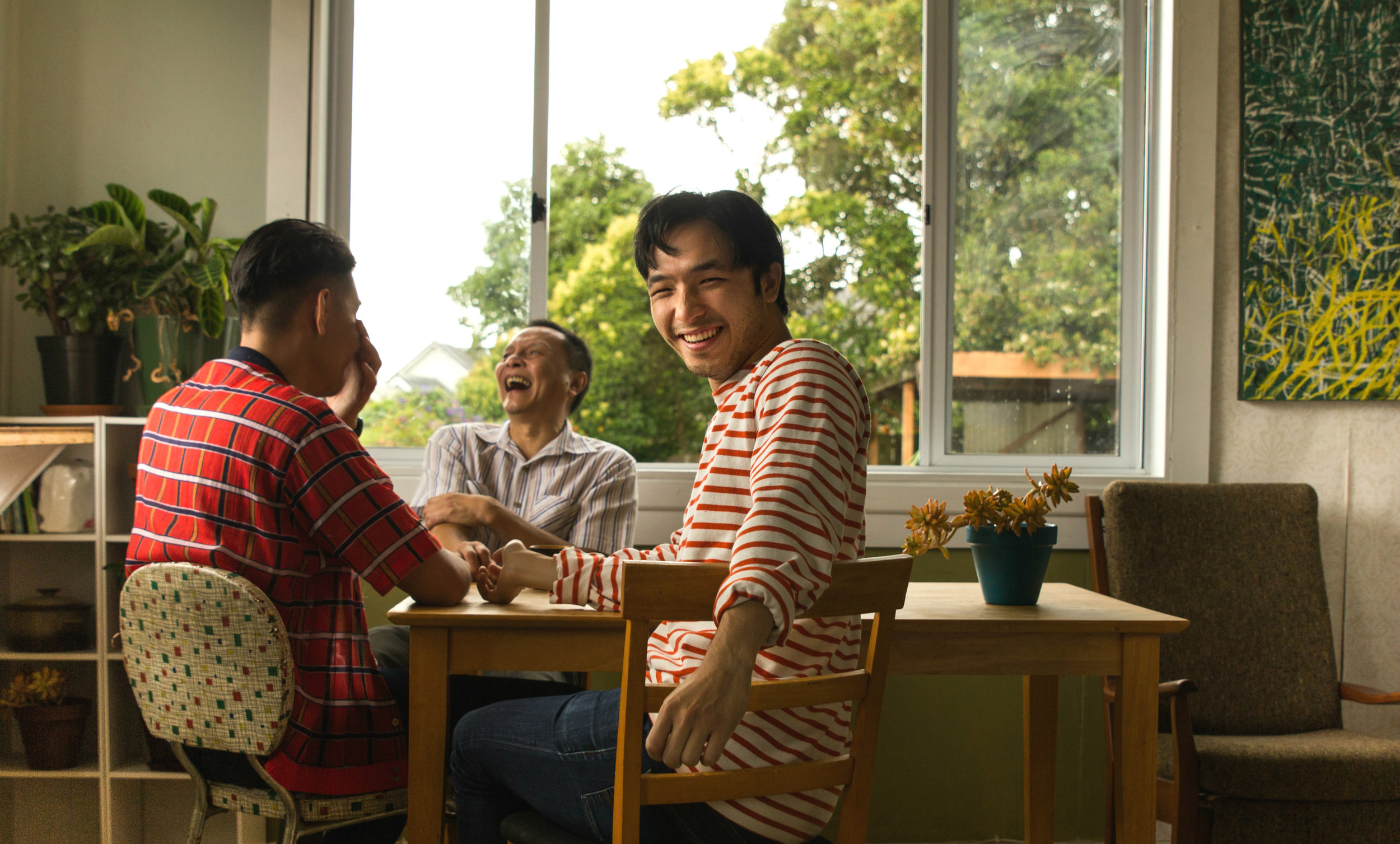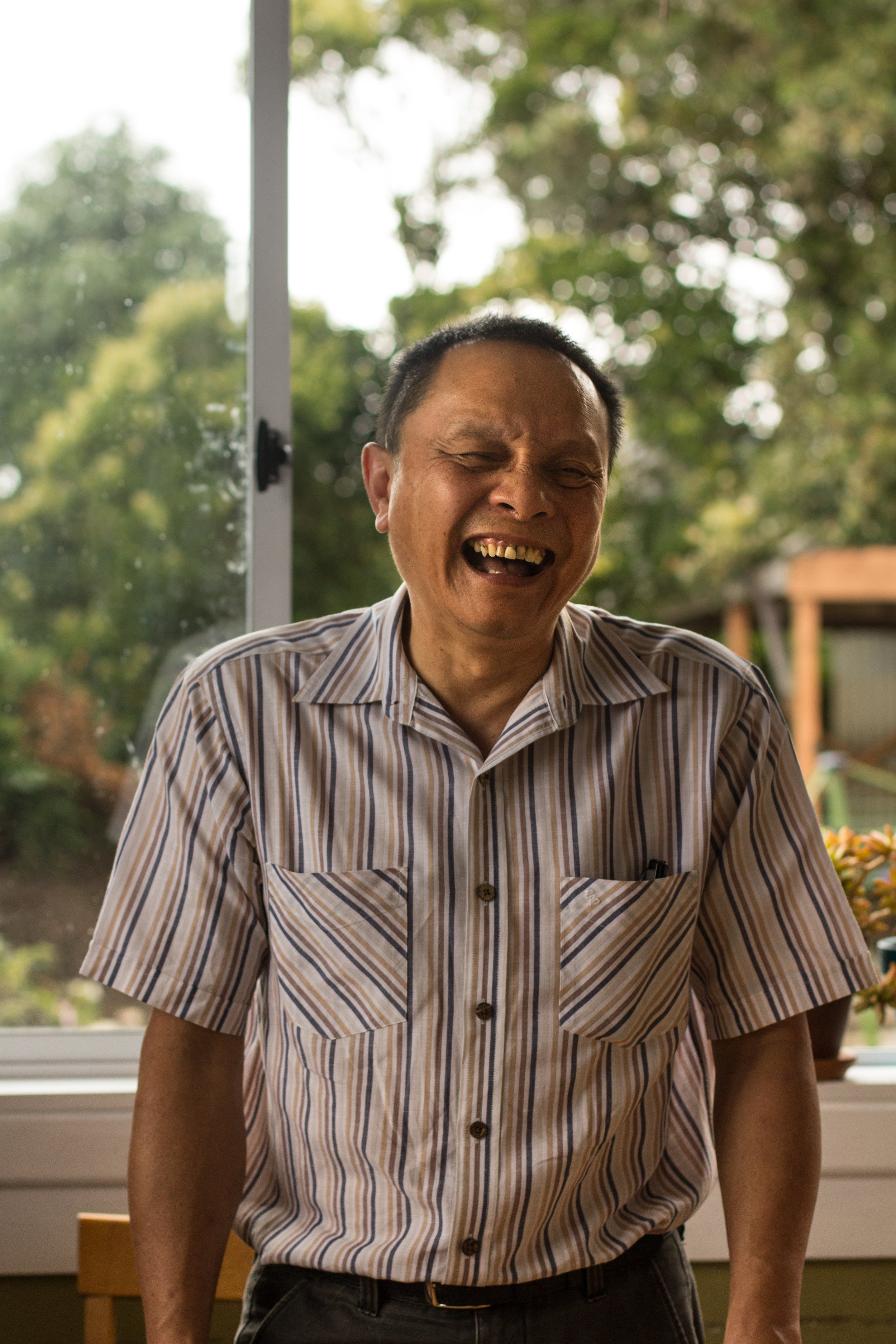Tearaway Mag's Nidha Khan got the down-low on the discoveries, surprises and embarrassing moments director Chye-Ling Huang had whilst making Asian Men Talk About Sex.
Read is below or check it out on tearaway here
DIRECTOR CHYE-LING HUANG: BEING TRUTHFUL TO ASIAN STORIES
SEPTEMBER 11, 2017
By NIDHA KHAN
James, Han and Yoson share their experiences
Your task: Name at least 10 current mainstream Asian film or T.V. characters who aren’t the “nerdy best friend, silent kung-fu master, tech whiz in the office.”
Struggling?
It’s probably because there aren’t that many.
Now, given the growing online buzz around ‘representation’ and how it affects different ethnic communities, the next logical questions to ask are: How does this depiction of Asian men filter down into the everyday lives of young Asian men? And if sex, love, and dating are “universal human experiences, where is the real talk when it comes to Asian men?” These are the questions which director Chye-Ling Huang seeks to answer in her recent short film, Asian Men Talk About Sex, where eight Asian men speak candidly about love, sex, and dating in NZ.
Being able to represent Asian stories in really truthful ways and against stereotypes is a cause that Huang actively fights for through the theatre she co-founded in 2013 – and still runs – called Proudly Asian Theatre. But, this year, she decided to also venture into filmmaking as part of the Loading Docs initiative. In her film, she focuses solely on the experiences of Asian men since there aren’t any or enough of them in NZ media. There’s a need to create narratives which aren’t de-sexualising or emasculating, but just showcase a bunch of everyday, regular Asian guys, because that’s what they deserve.
James Roque is one of the 8 Asian men in the film.
It’s been a hard conversation to begin in NZ since we’re pretty stifled in our emotions. Huang’s found that people don’t tend to think about the current links between race, love, dating, and sex if they aren’t affected, and that men in particular don’t open up and talk to each other. Even when she’s spoken to her male Asian friends, they’ve never considered it. Mainly, it’s because they don’t want to. They’re forced to live with these stereotypes all the time and it’s not an area they enjoy delving into.
“It’s the classic NZ thing that we aren’t very open. It’s definitely a part of the NZ cultural soup that makes us feel shameful to talk about anything in the open. We don’t celebrate openness, we celebrate stoicism and a quiet confidence, like the All Blacks. Being vulnerable and open is not something NZ is very good at and of course, to have conversations about sex, you need to be both vulnerable and open.” – Chye Ling Huang
Han Huang, an immigrant from Malaysia, features in the doco
When she first began creating the film, the reaction from the people around her was “really mixed.” It took people a while to wrap their heads around it and they generally went through phases of shock, then surprise, and then curiosity. But, overall, it’s opened up a lot of dialogue for the people in her life. Even a month before the film’s release, people would approach her with various questions: Why are you making this? What’s the film really about? What are these concepts?
Being able to create these open conversations, spaces, and communities is what Huang’s found rewarding and enlightening. She feels that she’s gained a better understanding about the nuances of what it’s like to be an Asian guy in NZ, male sexuality in general, how different it is for men and women in terms of learning about sex, and the filmmaking process.
“There’s a lot of insidious things that happen that are really subtle, which I think is today’s brand of racism in NZ. The way that racism presents itself now is a lot of micro-aggressions… Some men would also say things like, “I would be swiping on Tinder and I would be like, she’s white, she’d be too pretty for me.” That level of internal racism towards yourself and your own culture was really interesting and something I wasn’t expecting.” Chey-Ling Huang
The conversations around porn were also really interesting. Every person she interviewed talked about learning sex through porn and how damaging it was for them. Every single person brought it up, but Huang never instigated the discussion, it just came up organically. It’s definitely made her question whether she agrees with porn any more and how problematic it is that it’s become more socially acceptable for young men to watch it and that it’s a lot more damaging at a younger age than most people expect.
In terms of learning about filmmaking, she was able to find both commonalities and points of difference between the theatre. For example, the theatre is an “extremely visual medium” which she thought lent itself well behind the camera, you’re basically creating stories from images. But, in the theatre, you’re limited to time, space, and the physical world. If you want to create something different, you need to be really inventive with the way you use your body and create the energy in the room. In film, you can literally do anything. “You can have unicorns flying through the screen and then you’re suddenly underground. It’s quite limitless.”
Having gone through this experience, her advice for other newbies is that “if you’re thinking about getting into it, just do it, because it’s not as scary and hard as you think it is. Coming from a theatre background, I was ready to be overwhelmed by all the technical stuff and ready to be put in a lot of hard work to catch up in that area. But, if you have a team around you that kind of knows what they are doing or at least have some ideas, it becomes easy and do-able.”
Huang’s next move is to have her film garner as many views as possible across NZ and the rest of the world. She feels that the more successful the film is, the more it proves that POC (people of colour) stories should be up on our screens; that they’re worth putting money into. But she’s clear that it isn’t just up to filmmakers like her. You and the rest of the public can do something by raising your voices and supporting POC narratives by simply sharing, liking, and commenting on social media and “giving the higher powers the stats they need to justify putting money into POC stories.” We are long overdue for both interesting and diverse POC stories on a mainstream level, so let’s do this!





